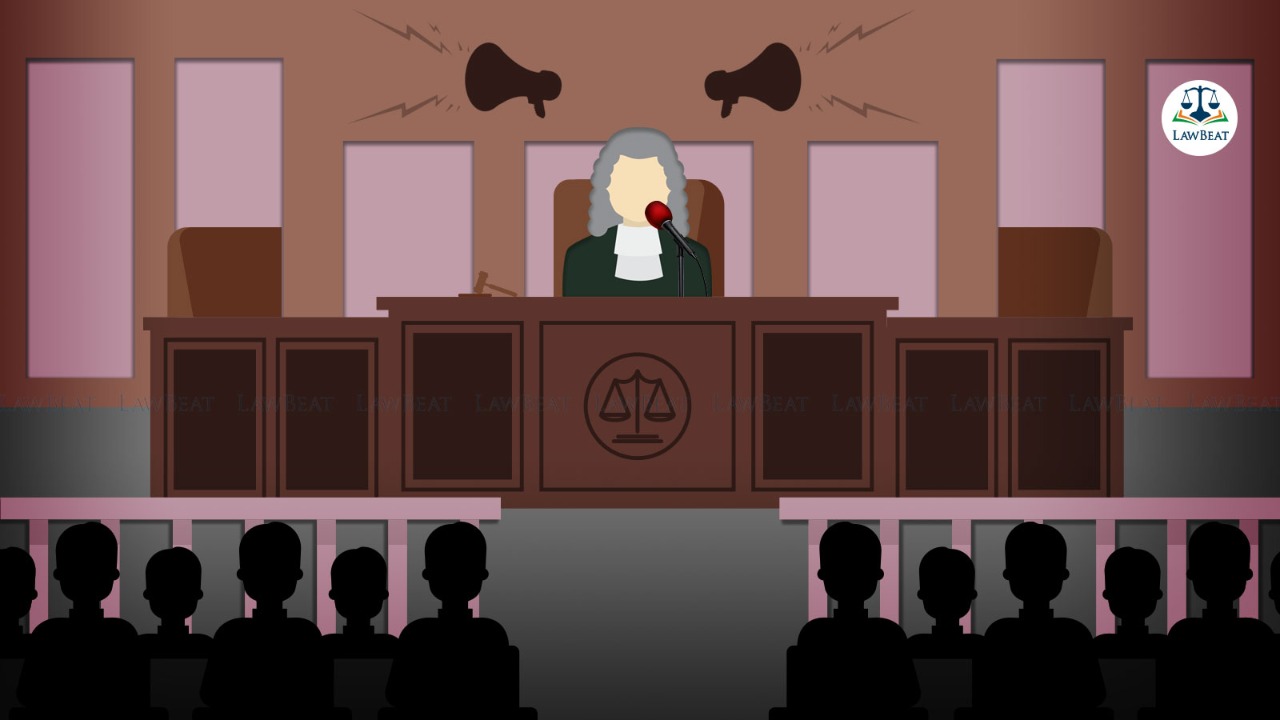Oral Observations: Bane or Boon?

Legal connotations of the oral observations made by the courts and it's impact of society.
In recent times we have seen a trend of several oral observations coming out from the Courts and becoming national news, whether it is the Hijab case, Nupur Sharma case, Election Commission case, or any other. Union Law Minister Kiren Rijiju also recently said that judges should refrain from making oral observations and suggested introducing an in-house mechanism to regulate oral observations by judges.
On July 1, the court, while refusing to entertain the plea filed by BJP leader Nupur Sharma against FIRs filed for her comments on a religious figure in Islam- Prophet Mohammed on a TV debate had remarked that she is single-handedly responsible for what has happened in the country. Justice Surya Kant remarked that "She should apologise to the whole country for what she has done. We saw the statement made by her on TV.”
Justice DY Chandrachud while defining oral observations of the court, noted in one of its judgment, “Oral observations in court are in the course of judicial discourse. The text of a written order is what is binding and enforceable. Issuing oral directions (presumably to the public prosecutor) restraining arrest, does not form a part of the judicial record and must be eschewed.”
Whereas, in the Election Commission’s case, ECI had moved the top court against a Madras High Court order in which Chief Justice Sanjib Banerjee had orally remarked that the Election Commission was singularly responsible for the second wave of COVID-19 and that the EC Officials should be booked on murder charges. However, the order sheet did not record these oral observations made by the bench (Chief Election Commissioner of India v. MR Vijayabhaskar).
The Supreme Court while observing that no substance lies in the prayer of the Election Commission for restraining media from reporting Court proceedings, emphasised the need for Judges to exercise caution in off-the-cuff remarks, which may be susceptible to misinterpretation.
The Supreme Court noted, “Observations during the course of a hearing do not constitute a judgment or binding decision. They are at best tentative points of view, on which rival perspectives of parties in conflict enable the judge to decide on an ultimate outcome. This exchange of views, perspectives, and formulations is but a part of evolving towards a solution which accords with justice according to law.”
The issue is whether oral observations of the court can be said to be a part of the judgment. Technically speaking, section 2(9) of the Code of Civil Procedure defines ‘judgment’, stating that it means the statement given by the Judge on the grounds of a decree or order. In view of the above, it may be concluded that the opinion of the judges can only be reflected by way of the court's judgments and not oral observations of the judges.
Another important aspect that the Court noted was that the manner in which judicial proceedings are conducted, especially in our superior courts, is unique to each judge and holds great weight in the dispensation of justice. The issues raised or comments made by the Bench during an oral hearing provide clarity not just to the judges who adjudicate upon the matter, but also allow the lawyers to develop their arguments with a sense of creativity founded on a spontaneity of thought
The Supreme Court referred to its 1978 judgment in the case Mohinder Singh Gill Vs. Chief Election Commissioner, wherein it had cautioned the judges from making comments in the open court stating that we must emphasize the need for judges to exercise caution in off-the-cuff remarks in open court, which may be susceptible to misinterpretation. Language, both on the Bench and in judgments, must comport with judicial propriety.
Concluding from the observations mentioned above and the way in which the media picks up Court’s oral observations, the simple answer may be that the bench should keep in mind that Judicial language is a window to a conscience sensitive to the constitutional ethos which makes a huge impact on our society and sometimes leaves a permanent mark. The incident of observations made during the hearing in the case of Nupur Sharma was one such. Additionally, the media should also practice the concept of the principle of limitation, and carry a responsibility to evaluate the impact of the reporting and the way in which it’ll be perceived by society at large.
The judiciary, which serves as the sentinel on the quive, should carry out its duties exclusively through impartial judgments and not through meaningless preaching. This rule derives from both the fundamentals of the constitutional faith placed in judges as well as from long-standing rules of judicial decorum.
